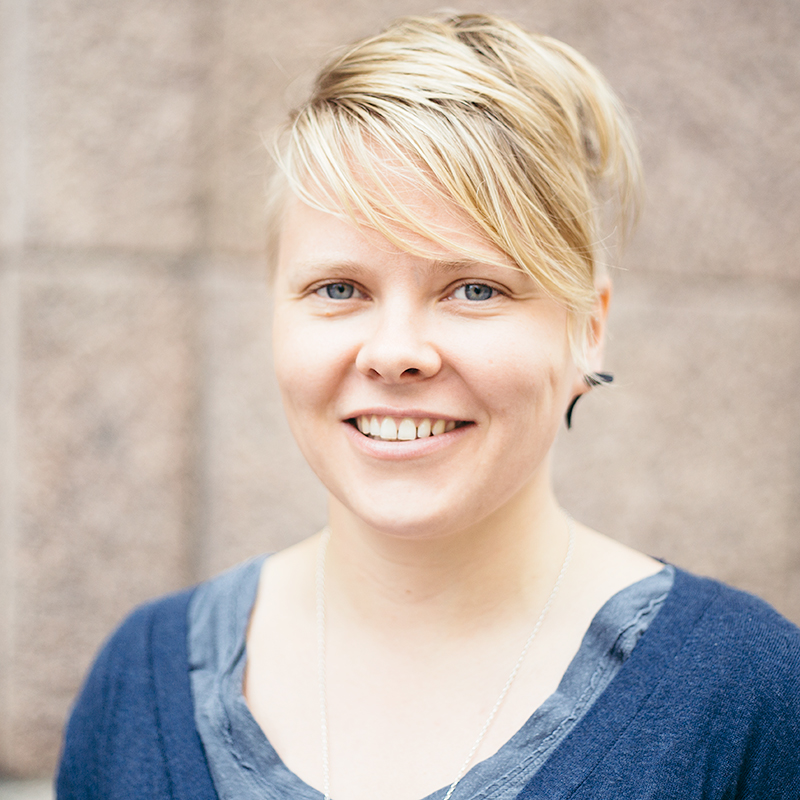

A European project called FinALE aimed at untangling the complex systems of adult education funding and identifying good practices, until its funding was reduced.
The FinALE project was created to provide a comprehensive civil society analysis of the financing of adult learning in Europe. The two-year project investigating the network of adult education funding and establishing best practice was carried out by EAEA.
There is not enough research and analysis on what funding systems and tools would work best in adult education, according to Gina Ebner, Secretary-General of EAEA and coordinator or the FinALE project.
As there are very different types and sizes of adult education providers, funding also comes in different levels. Since the sources of income are varied, information on the total funding of adult education is not easily available.
Approximately 70 million adult Europeans have difficulties with basic reading, writing and calculating. To tackle this, European Union is aiming to raise the current 10.8% of adults participating in adult learning to 15% by 2020.
And yet, the biggest problem in the adult education field is still that it is underfunded compared to other sectors of the education system.
More investigation calls for more investment. Ironically, the FinALE project also had it funds cut by nearly half, but it was still carried through for its importance.
Cherry picking for funds
A trend in adult education funding at an EU level, besides not being sufficient, is that it is stop-and-go rather than stable. Year- or two-year-long projects do not provide enough funding for the professional development of staff and trainers.
The situation varies of course from country to country. In some, adult education is more securely funded than in others.
“Ideally, you should get some funding to manage your organisation and train your staff. In companies, a certain sum of money is allocated to research, training and development. In adult education this part is often the minimum and so there is very little certainty,” Gina Ebner says.
Based on the survey and her extensive experience in the field, she lists a few other pitfalls in adult education funding.
“In more formal courses, funding can be based on people graduating. The organisation will get money based on how many people graduate. This leads to what we call cherry-picking; the tendency of an organisation to work with easier target groups and not invest in trying to reach people who are less accustomed to learning.”
The FinALE project aims to find ways to overcome this obstacle, although more research is needed. So far, research has been limited to the effectiveness of different funding instruments, but EAEA encourages the researchers to get a more profound picture of the funding of the field.
In companies, a certain sum of money is allocated to research, training and development. In adult education this part is often the minimum.
Another pitfall, especially for smaller organisations, is lack of time and resources.
“Providers work with the financing instruments they are confronted with, rather than trying to find information how other instruments might work and negotiate that potential,“ Ebner says.
In Ebner’s experience, reporting has become more demanding, which calls for resources in administration.
The advocacy toolkit based on the project encourages policy-makers to set bureaucratic barriers to apply for and report on funding in relation to the amount of funding and to consider organisations with small administrative structures.
Complex and variable network of funding
It is characteristic that organisations providing adult education receive funding from ministries of education, ministries of labour, regional and local authorities and municipalities.
On top of that, there is project funding and grants from other organisations and companies, and of course learners’ fees also play their part.
The project did not yield a straightforward answer to the question of best practice.
“Because of the complexity of the funding systems and varied organisations, I hesitate to say that this or that instrument is the best. What may work in one country, culture or circumstance, does not work in another,” says Ebner.
Training vouchers tend to benefit people who are already better qualified and interested in learning.
As an example, she gives training vouchers, which give a possibility to take a certain course more cheaply and so attract people to lifelong education.
However, training vouchers tend to benefit people who are already better qualified and interested in learning. When targeting people who have lower qualifications and who do not have a long history of learning, accompanying measures are needed besides a voucher.
The advocacy toolkit lists recommendations for policy-makers also for the comprehensive measuring of results. Individual indicators monitoring success, such as whether a person has found a job after a course, can be misleading.
Enabling active citizenship and healthy living may not be easily measured by existing economic based indicators but can prepare the participants to work life.
Stronger together
A lack of knowledge about the effectiveness of funding was also reflected in the responses that the project received from adult educators and providers. Many did not know the structures, volume and diversity of the financing of adult education in their regions or countries.
Providers are busy dealing with the funding they receive rather than spending time analysing them.
The project therefore recommends more research and expertise on all levels: for decision-makers but also for stakeholders and providers.
Besides research, more consultation and strong cooperation is needed when developing funding instruments and combinations of them. In many countries, funding policies are purely based on traditions and culture.
Providers are busy dealing with the funding they receive rather than spending time analysing them.
But now, in response to the vast range of demands made on continuing education, structures need to be revised and adaptations made to funding methods.
“Our recommendation would be that when there is a new initiative from the government, they would actually sit down and talk with the representatives of adult education on what to do, how to do it and how to finance it. Adult education organisations know where the problems are,” Ebner says.
To help break that top-down decision-making policy and encourage better involvement of civil society, Ebner proposes the establishment of strong national adult education umbrella organisations.
“A strong umbrella organization with resources can negotiate based on their knowledge of the national and regional situation and the needs of providers and learners and this way create a stronger ownership and delivery of adult education in a country.”
Author







